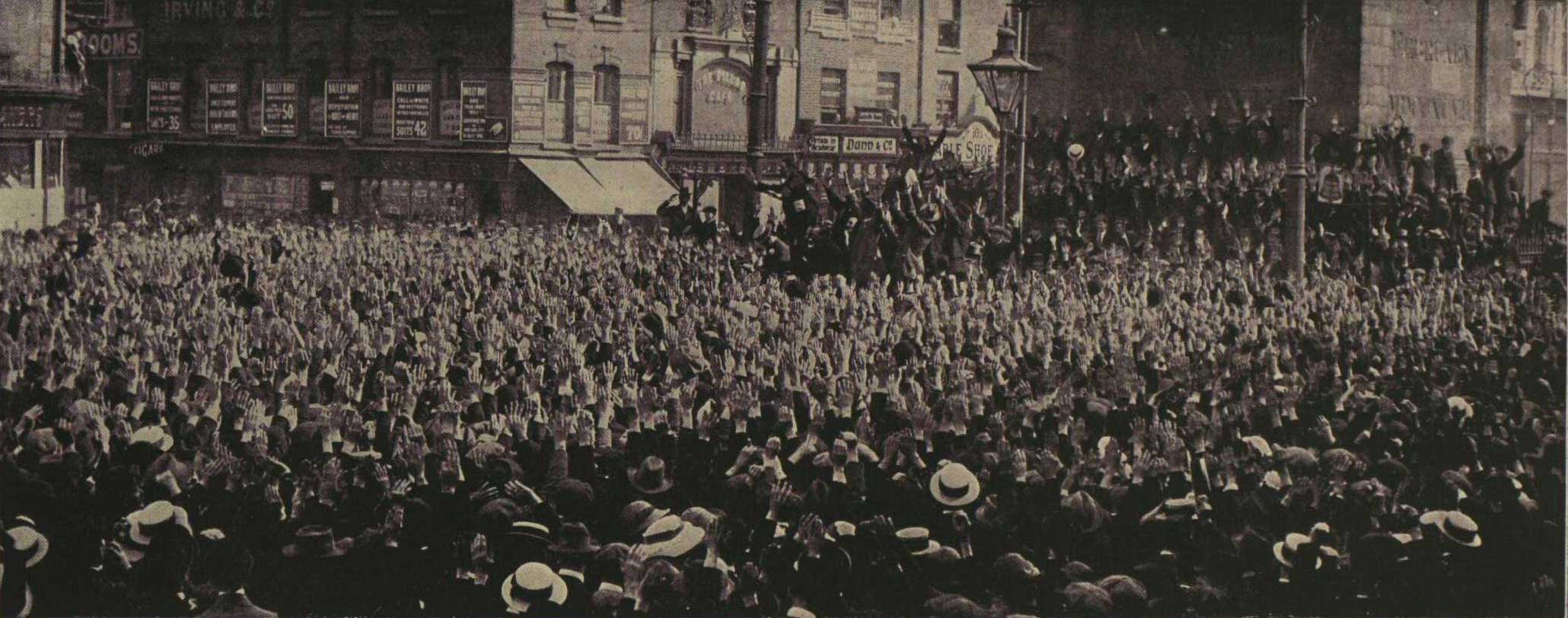Hello, My name is Alix and I work with not-for-profit organizations in the areas of legal advocacy and pubic health and safety programs, with an emphasis on community-based education/ training. Really pleased that the primary course text is written by Stephen Brookfield, who has an incredibly interesting background and perspective on adult education and social change. Looking forward to learning about other 3260 participants and discussions on professional practice.
Autobiography:
I have history of working with individuals with disabilities, particularly in the area of legal advocacy, and access to training, resources and employment.
My major project on forest tenure reform, which I completed in 2000 for my Masters of Arts Degree in Conflict Analysis and Management, advocated for Aboriginal and value-added models of control over forest land in contrast to the current dominance of private property and corporate concentration, and I have since had a strong interest in economic and environmental dispute management.
As a Legal Advocate for Together Against Poverty Society (TAPS) for seven years in Victoria I assisted individuals and families to receive the income supports and medical benefits and to which they were legally entitled. I recruited, trained and supervised UVIC and Camosun College, and community based volunteers who assisted applicants qualify for disability status. I have also prepared and provided public legal education presentations to the staff of community organizations.
In my most recent work as the Coordinator/ Grant Writer for the “WITS” program (preventing peer victimization among school-aged children) I have been responsible for supporting public elementary schools across Canada to introduce the WITS Program.
I am interested in improving my ability to deliver training, both internally in organizations, externally to community agencies providing services and to stakeholder groups and policy makers. The PIDP has completely opened up possibilities for me in these areas, and I wish I could “rewind” training that I have provided that may have been less than engaging, or too focussed on content.
I have children in elementary school who are 7 and 10 who are increasingly asking lots of questions about the physical and social world around them, and I feel concurrently alarmed, terrified and optimistic about the future. I studied political science in university years ago and have an interest in collective action, ending homelessness, environmental sustainability, and the labour movement. I am increasingly obsessed with the gentrification process occurring in cities around us, and the implications for neighbourhoods, communities and wanting to have a coffee that is less than $8.00. I am rolling my sleeves up in current federal election with a keen interest for Canada to be a country that welcomes refugees, supports veterans, maintains social programs, respects Aboriginal and Indigenous control over land and resources and opposes Bill 6-51 (hoping for a change!!)
Here is a link to the PIDP SIE facebook page: https://www.facebook.com/VCCSchoolOfInstructorEducation#
Find these recommended blog posts from PIDP 3260 colleagues addressing renaissance topics including creativity in education, culinary training, and a journeyman painter providing apprenticeship instruction in our neighbouring province:
http://hairinstructorsblog.blogspot.ca/
https://mikaelvolke.wordpress.com/
https://mike7244.wordpress.com/
“For apart from inquiry, apart from the praxis, individuals cannot be truly human. Knowledge emerges only through invention and re-invention, through the restless, impatient, continuing, hopeful inquiry human beings pursue in the world, with the world, and with each other.”
― Paulo Freire, Pedagogy of the Oppressed
